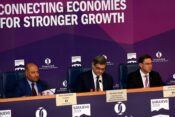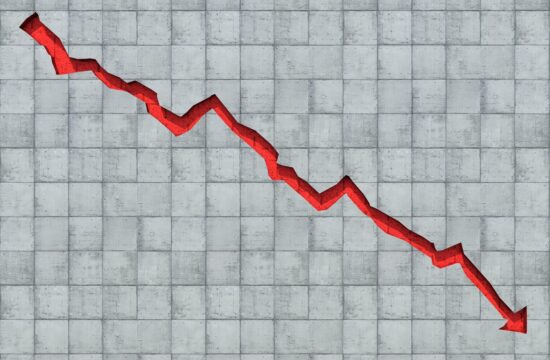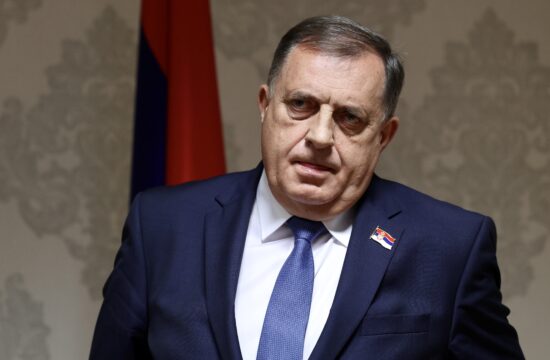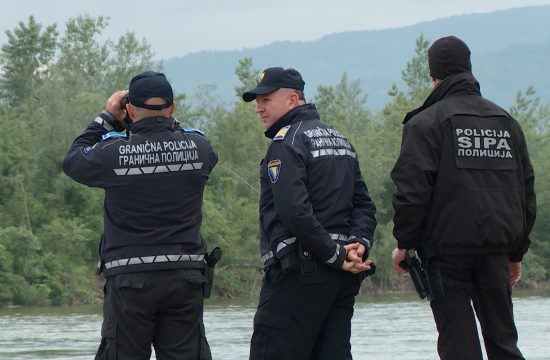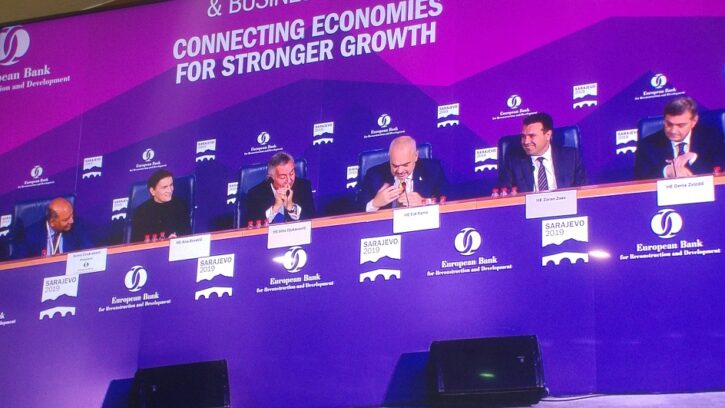
The ‘Europeanisation’ of the Western Balkans has no alternative but is easier said than done, Balkan leaders agreed during a panel in Sarajevo on Wednesday.
The problem is, the Albanian Prime Minister noted, that while the region is trying to adopt EU standards, the EU itself is being ‘balkanised.’
The panel is part of the annual meeting of the governors of the European Bank for Reconstruction and Development (EBRD).
Leaders of Albania, Montenegro, Bosnia and Herzegovina, Northern Macedonia and Serbia took part in the discussion that tackled the future of the Western Balkans.
Albania’s Prime Minister Edi Rama said that “we are in a phase when we agree on what needs to be done in the region, but at the same time it is easier to speak about it than to do it.”
“It is clear that if we want to work regionally, we need free trade in a single market, and the efforts invested in that direction taught us that it is easier to say it than to do it,” he said, explaning that the problems with that usually lie in details.
“I think we should not wait to become part of the EU in order to have our own Schengen model in the region,” he said, adding that it doesn’t make sense for the region to be dragging behind in communications, movements and freedoms.
“The EU is more and more looking like the Balkans, as it is less and less predictable and after the balkanisation of Great Britain we somehow feel like at home in the sense that this situation emerges when people go a little crazy,” he said.
His message to members of the business community who came to Sarajevo was that “the time of investing in places which are secure and predictable has passed.”
“So, among the various unpredictable realities, we are the best as we have the lowest taxes and a surplus of the workforce,” he concluded.
According to Montenegrin Prime Minister Milo Djukanovic, the region needs to work on improving its reputation, as it is now seen as unstable.
“Our region is historically dragging behind and that setback has created a serious problem which is more or less continuous instability,” he said.
Regional countries should respond to what the citizens expect, which is “achieving the European quality of life” in order to get out of that situation, he said.
“I think we need to choose the path of consolidating stability and dynamic economic and democratic development which will lead us to catch up to the quality of life in the EU,” he added.
Serbia’s Prime Minister Ana Brnabic said that the region needs a more favourable business environment, especially for small and medium businesses. She hailed a regional agreement on cutting telephone roaming charges across the Western Balkans in 2021 as a positive example.
“After the agreement on roaming, the next thing is the mutual recognition of academic titles. That will be a chance for youth to stay and find good jobs, as when they leave once, we lost them forever, considering that they will hardly come back,” she said.
In order to fulfil the potential of the region, the countries need to work on their continuous political dialogue on all issues, especially those which are the most complex, she said.
“We need to invest more energy and resources in this. We cannot just be a stable and predictable region, I think it is more essential that others also see us that way,” she said, adding that this will take a long time.
She also named infrastructure connectivity as important, expressing satisfaction over the announced beginning of the construction of a highway between Sarajevo and Belgrade in June.


